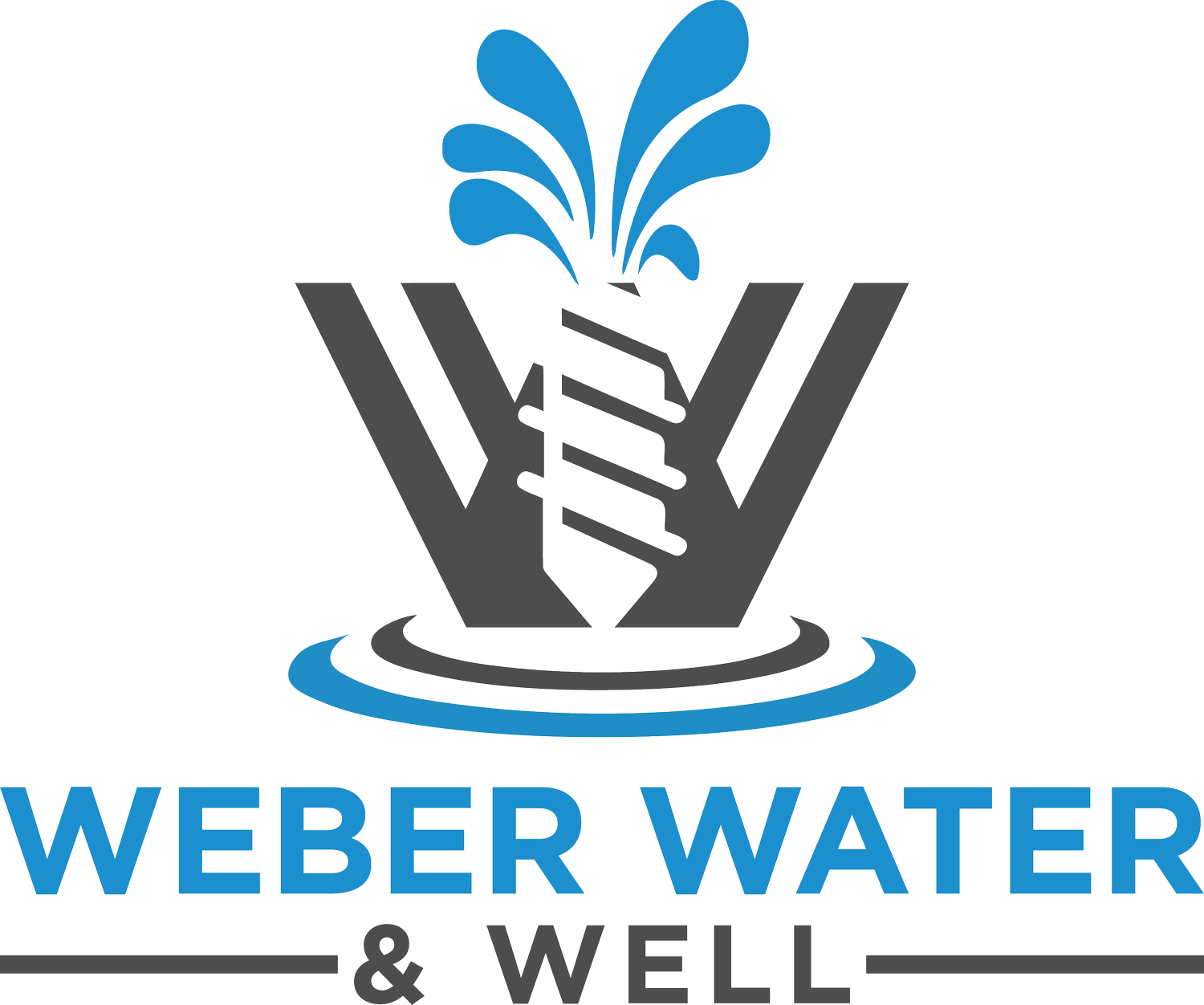The Benefits of Solar Water Systems for Rural Homes
Understanding the challenges of rural water access
In rural areas, the access to clean and reliable water sources can be a significant challenge, impacting the health and well-being of communities. Limited infrastructure and resources often result in water scarcity issues, forcing residents to travel long distances to fetch water from rivers or wells. The burden falls disproportionately on women and children, who spend hours each day carrying heavy loads of water back to their homes. This inefficient process not only wastes time but also hinders educational and economic opportunities for those involved.
Moreover, the quality of the water obtained from these sources is often questionable, leading to waterborne diseases and illnesses within the community. The lack of proper sanitation facilities further exacerbates these health risks, creating a cycle of poverty and ill health. Addressing these challenges requires innovative solutions that not only provide access to clean water but also promote sustainability and self-sufficiency within these rural areas. This is where solar water systems and water system consulting play a crucial role.
By harnessing the power of the sun, rural communities can tap into a free and abundant energy source to power water pumps and filtration systems. Solar water systems utilize photovoltaic panels to convert sunlight into electricity, enabling the pumping of water from wells or boreholes without the need for grid power. This not only reduces dependency on non-renewable energy sources but also minimizes operational costs and environmental impact. Through proper water system consulting, these systems can be customized to meet the specific needs and challenges of each community.
Harnessing sustainable energy for water solutions
The integration of solar water systems in rural homes brings a multitude of benefits beyond just providing clean water. By adopting sustainable energy solutions, communities can reduce their carbon footprint and contribute to global efforts in combating climate change. The decentralized nature of solar-powered water systems means that even remote areas with limited access to the electricity grid can now enjoy reliable water sources without relying on fossil fuels.
Additionally, the long-term cost savings associated with solar water systems make them a cost-effective solution for rural communities in the face of rising energy prices. With proper maintenance and monitoring, these systems can provide reliable water access for years to come, offering a sense of security and stability to residents. The advancements in technology have made solar panels more efficient and affordable, further expanding the reach of these sustainable solutions to underserved areas.
Furthermore, solar water systems can help improve agricultural practices in rural areas by enabling irrigation systems powered by renewable energy. This not only increases crop yields and food security but also reduces the reliance on erratic rainfall patterns. By empowering farmers with access to reliable water sources, solar water systems play a key role in enhancing livelihoods and promoting economic development within rural communities. The shift towards sustainable energy solutions is not just about water access; it is about transforming lives and fostering resilience.
The combination of solar energy and water system consulting provides a holistic approach to addressing the water challenges faced by rural homes. By engaging with experts in the field, communities can design customized water systems that meet their specific needs and capacity. Water system consulting offers guidance on the best practices for installation, operation, and maintenance of these systems, ensuring long-term sustainability and effectiveness. This collaborative effort between communities and professionals creates a pathway towards self-reliance and empowerment.
Empowering rural communities through solar water innovation
The empowerment of rural communities through solar water innovation goes beyond the provision of clean water; it is about fostering independence and resilience in the face of challenges. By embracing renewable energy solutions, communities can take control of their water resources and reduce their reliance on external aid. This self-sufficiency not only strengthens the social fabric of rural areas but also instills a sense of pride and achievement among residents.
Moreover, the adoption of solar water systems spurs local entrepreneurship and job creation opportunities within these communities. From the installation and maintenance of solar panels to water system consulting services, there is a range of economic activities that can be generated through the implementation of these technologies. This not only boosts the local economy but also enhances skills development and capacity building among community members.
As rural homes embrace solar water innovation, they become champions of sustainable practices and environmental stewardship. By choosing to harness the power of the sun for their water needs, communities set an example of living in harmony with nature and reducing their ecological footprint. This ripple effect can inspire neighboring areas to also adopt renewable energy solutions, creating a network of environmentally conscious and empowered communities driving positive change.


